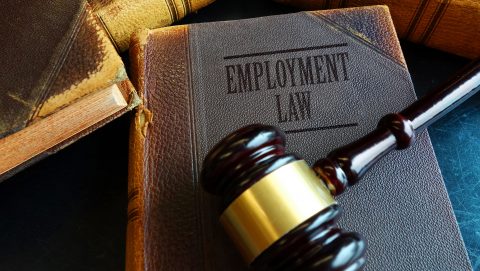
Stay at Home Guidance
Symptoms
The most common symptoms of coronavirus (COVID-19) are recent onset of:
- new continuous cough and/or
- high temperature
For most people, coronavirus (COVID-19) will be a mild illness.
Main messages
- if you live alone and you have symptoms of coronavirus illness (COVID-19), however mild, stay at home for 7 days from when your symptoms started. (The ending isolation section below has more information)
- after 7 days, if you do not have a high temperature, you do not need to continue to self-isolate. If you still have a high temperature, keep self-isolating until your temperature returns to normal. You do not need to self-isolate if you just have a cough after 7 days, as a cough can last for several weeks after the infection has gone
- if you live with others and you are the first in the household to have symptoms of coronavirus (COVID-19), then you must stay at home for 7 days, but all other household members who remain well must stay at home and not leave the house for 14 days. The 14-day period starts from the day when the first person in the house became ill. See the explanatory diagram
- for anyone else in the household who starts displaying symptoms, they need to stay at home for 7 days from when the symptoms appeared, regardless of what day they are on in the original 14-day isolation period. The ending isolation section below has more information, and see the explanatory diagram
- staying at home for 14 days will greatly reduce the overall amount of infection the household could pass on to others in the community
- if you can, move any vulnerable individuals (such as the elderly and those with underlying health conditions) out of your home, to stay with friends or family for the duration of the home isolation period
- if you cannot move vulnerable people out of your home, stay away from them as much as possible
- reduce the spread of infection in your home: wash your hands regularly for 20 seconds, each time using soap and water, or use hand sanitiser; cover coughs and sneezes
- if you have coronavirus (COVID-19) symptoms:
- do not go to a GP surgery, pharmacy or hospital
- you do not need to contact 111 to tell them you’re staying at home
- testing for coronavirus (COVID-19) is not needed if you’re staying at home
- if you feel you cannot cope with your symptoms at home, or your condition gets worse, or your symptoms do not get better after 7 days, then use the NHS 111 online coronavirus (COVID-19) service. If you do not have internet access, call NHS 111. For a medical emergency dial 999
- if you develop new coronavirus (COVID-19) symptoms at any point after ending your first period of isolation (self or household) then you need to follow the same guidance on self-isolation again
Who this guidance is for?
This advice is intended for:
- people with symptoms that may be caused by coronavirus (COVID-19), and do not require hospital treatment, who must remain at home until they are well
- those living in households with someone who shows symptoms that may be caused by coronavirus (COVID-19)
Will my household be tested if we think we have coronavirus (COVID-19) symptoms?
Testing for coronavirus (COVID-19) is not needed if you’re staying at home.
Why staying at home is very important?
It is very important that individuals with symptoms that may be due to coronavirus (COVID-19) and their household members stay at home. Staying at home will help control the spread of the virus to friends, the wider community, and particularly the most vulnerable.
Those with symptoms and living alone should remain at home for 7 days after the onset of their symptoms (see ending self-isolation below). This will reduce the risk of you infecting others.
If you live with others and you or one of them have symptoms that may be caused by coronavirus (COVID-19), then household members must stay at home and not leave your house for 14 days (more information in the ending self-isolation section below). If possible, you should not go out even to buy food or other essentials, and any exercise should be taken within your home. The 14-day period starts from the day when the first person in your house became ill.
Source: https://www.gov.uk/government/publications/covid-19-stay-at-home-guidance/stay-at-home-guidance-for-households-with-possible-coronavirus-covid-19-infection





















